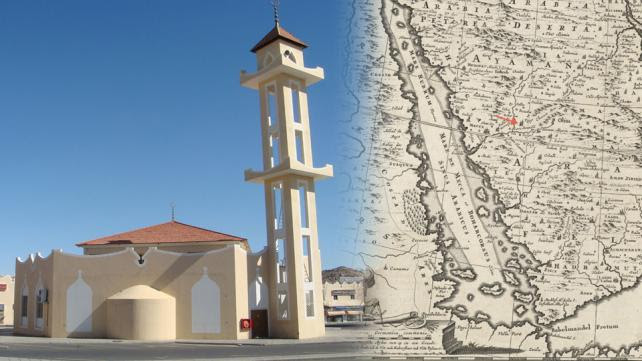|

In this newsletter
Assalamu alaikum:
Across the world and in America, polarization has increased, with increasing divisions between people based on all kinds of factors, ranging from race and class to religion and ideology. This is despite the fact that Allah reminds us that all of humanity was created by the same God, and that we all come from the same original set of parents (Quran 4:1).
Throughout human history, Prophets have reminded human beings of this. They have sought to establish Qist, which is roughly translated as peace, justice, and equity. However, there have always been those who have sought to create barriers and divisions that play on past hatreds or to instigate animosity in the present.
Unfortunately, such was the case with former Pope Benedict XVI, who died last week.
He was a distinguished Catholic theologian before he became the Pope. He knew his language and his theology well when he delivered remarks to an academic audience of the University of Regensburg, Germany in the fall of 2006. The Pope used the occasion to cite a 14th-century Christian emperor who said that Prophet Muhammad, peace and blessings be upon him, had brought the world “evil and inhuman” things. The Pope also claimed a huge difference between Christianity and Islam, suggesting that while Christianity is based on reason, Islam denies it. He also dismissed God’s command that there is no compulsion in faith (Quran 2:256) as applicable only for a time when the Prophet was weak.
The ensuing outrage from in and outside the Muslim world was swift, with protests and strong statements condemning the remarks. The Pope’s regrets came only regarding the protests, not his own words. He said, "I am deeply sorry for the reactions in some countries to a few passages of my address… [it] is an invitation to frank and sincere dialogue, with mutual respect." The speech still exists on the Vatican’s website.
There are lessons for us as Muslims from this, the most important being how to adequately address attacks on our faith and Prophet Muhammad, peace and blessings be upon him. This is the best way to honor our religion and our Prophet, by upholding the principles and values expected of us - not devolving into hate, division, and rage.
Peace,
Sound Vision Team
Muhammad’s Sword: A Jewish, Muslim, & Christian response to Former Pope Benedict XVI

Former Pope Benedict XVI was a distinguished Catholic theologian before he became the Pope. He knew his language and his theology well when he, as Pope, delivered remarks to an academic audience of the University of Regensburg, Germany. The Pope used the occasion to criticize Islam, citing a 14th-century Christian emperor who said that Prophet Muhammad had brought the world “evil and inhuman” things. He claimed a huge difference between Christianity and Islam, suggesting that while Christianity is based on reason, Islam denies it.
Please Stop abusing the Prophet

It is abusive to partially quote the Prophet Muhammad, peace and blessings be upon him, thus distorting what he said. This is not only a sin, but it is a way to abuse his teachings to serve our own ends.
The Prophet and the people who opposed him

Our Prophet was a mercy to all human beings, regardless of their religious, racial, cultural or ethnic background. We, as his followers, must live and spread this message today at a time when hatefulness and ugliness towards each other has become the norm.
The Prophet, The Peacemaker

For the Prophet, peace was not a strategy he employed, it was the goal of his peace movement. He preached peace and justice leading to the establishment of a peace sanctuary in the city of Madinah where even animals cannot be harmed, hunting unless for food was forbidden and trees cannot be cut. When preaching, he would ask individuals and tribes for just two things: believe in One God and work with him to establish peace and prosperity in the land.
The Prophet's Three C's Of Success

The Prophet developed three key strategies grounded in the Quran. Following these three success strategies now is Sunnah, or the path of the Prophet for us. I call them the “three ‘c’ strategies”.
|
Add new comment